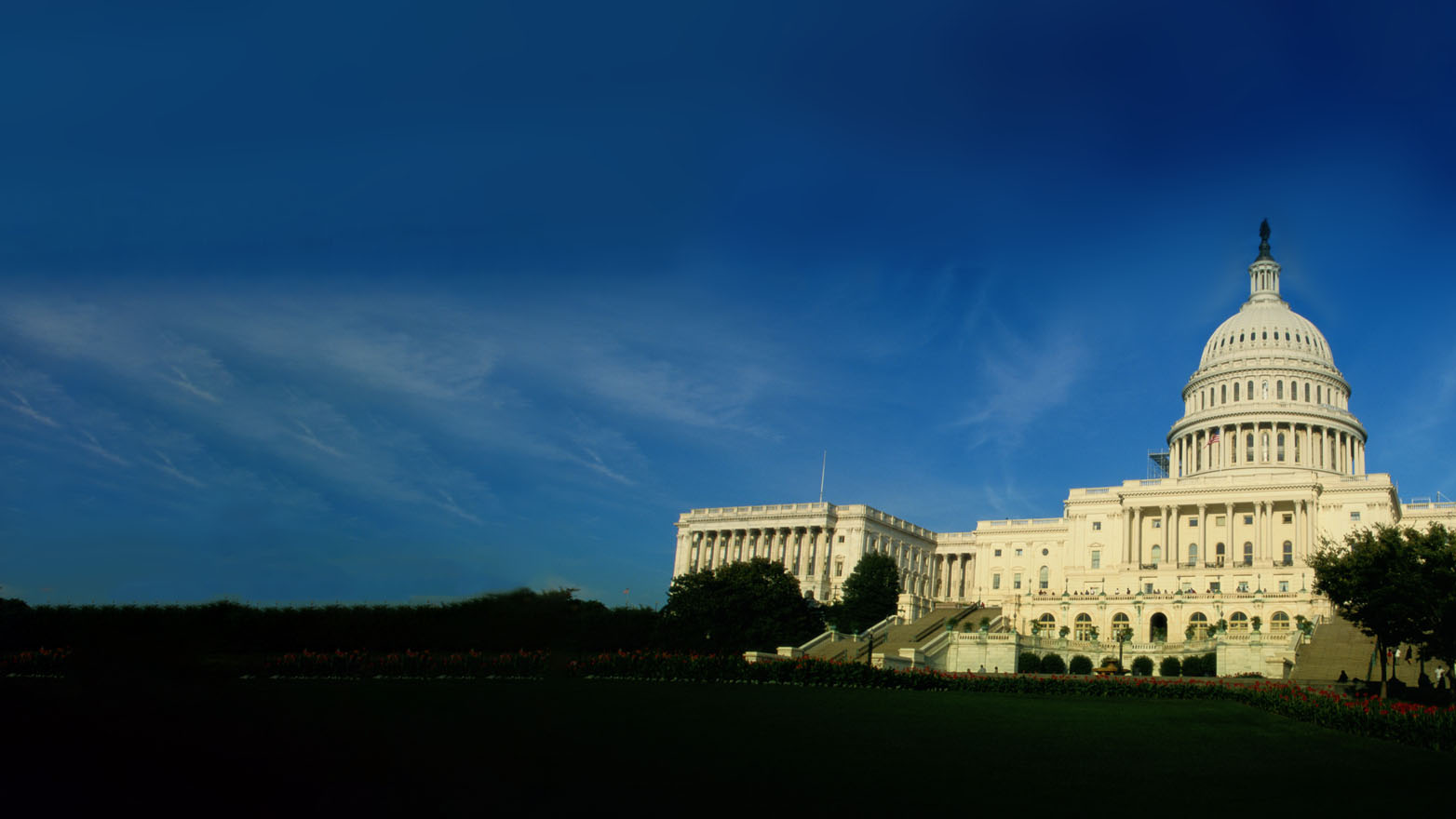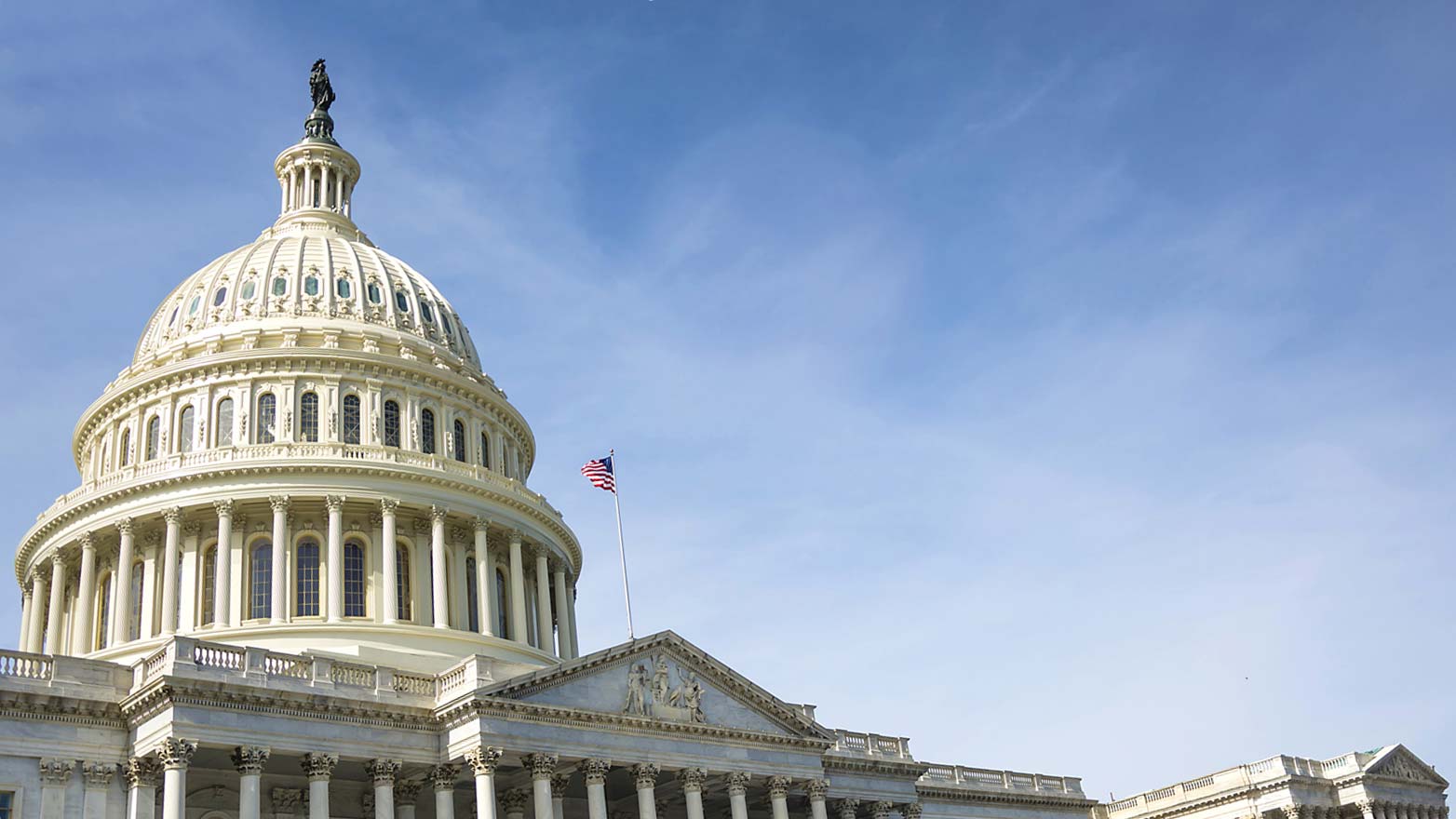Fees: CFPB Overdraft Lending Proposed Rule
Directed to financial institutions over $10B; would limit fees and exemptions

KPMG Regulatory Insights
- Focus on Fees: Continuation of regulatory focus on consumer fees – in this case, overdraft fees.
- Closing the Exemptions: Closing prior exemption on overdraft loans, application of Truth in Lending Act requirements.
- Fee Limitations: Would effectively limit overdraft fees to “breakeven” amounts or a “benchmark” fee set by the CFPB; higher charges would be regulated as loans.
- Direct/Indirect Applicability: Directed to “very large financial institutions”, aligning with institutions under CFPB supervisory authority (over $10B), but smaller institutions likely to be affected via competition and/or rulemaking.
- Expected Challenges: Industry push-back to the proposed rulemaking and potential legal actions to challenge.
______________________________________________________________________________________________________________________________________________________________________
January 2024
The Consumer Financial Protection Bureau (CFPB) issues a notice of proposed rulemaking that would amend Regulation E (which implements the Electronic Fund Transfer Act) and Regulation Z (which implements the Truth in Lending Act) to update certain exceptions for overdraft credit provided by “very large financial institutions” (defined in the rule as insured depository institutions and insured credit unions with total assets of more than $10 billion and any affiliate thereof – hereinafter “covered institutions”). Under this proposal, Regulation Z would apply to overdraft credit provided by covered institutions unless the overdraft fee is restricted to “a small amount that only recovers applicable costs and losses”. (Note: The CFPB concurrently released a report highlighting recent findings on costs and losses to “certain very large financial institutions of issuing overdraft credit”.)
The CFPB states the proposed amendments would “close an outdated loophole exploited by very large financial institutions that has exempted highly profitable overdraft loans from longstanding provisions of the Truth in Lending Act and other consumer protection laws”.
Key features of the proposed rule include:
- Two Options: Covered institutions would be allowed to choose whether to offer overdrafts as a “courtesy overdraft service” or as a line of credit (loan).
- Courtesy Overdraft Service: Overdrafts would be permitted to remain exempt from Regulation Z if the fees charged by the covered institution are determined by either of two approaches (the higher of the two resulting fees would be permitted):
- Calculating its own costs and losses using a standard in the proposed rule (i.e., the “breakeven standard”) and sets its overdraft fee at or below the breakeven point.
- Relying on a benchmark fee established by the CFPB (benchmark fees under consideration include $3, $6, $7, or $14).
(Note: Courtesy overdraft credit that remains exempt from Regulation Z “will continue to be subject to the opt-in requirements for one-time debit card and ATM transactions”.)
- Overdraft Line of Credit (outside of the courtesy exception): In cases where overdraft fees do not meet the courtesy overdraft services criteria, overdrafts would be considered loans subject to Regulation Z. The proposal refers to these overdraft loans as “covered overdraft credit” and would require that covered overdraft credit:
- Be held in a covered overdraft credit account that is separate from the customer’s checking or transaction account.
- Receive protections provided by Regulation Z, such as account opening and loan disclosures, annual percentage rate calculations, and periodic statements. Protections applicable to “traditional credit cards” would also apply to covered overdraft credit that is accessible by means of a “hybrid debit-credit card” (as defined in the rule to include debit cards or other single credit device), including those for ability-to-pay underwriting requirements and requirements for rate changes.
- May not be conditioned on preauthorized electronic funds transfers from a customer’s account and at least one more method of repayment must be provided. (The proposed change would amend Regulation E along with a change to clarify that covered overdraft credit is a line of credit subject to Regulation Z.)
- Amendments to the “finance charge” definition: To facilitate the proposed changes (i.e., to establish “courtesy overdraft services” and “covered overdraft credit” and to clarify that overdraft transactions that include a finance charge would be subject to Regulation Z) the proposed rule would amend the definition of “finance charge” to include fees that are “above breakeven overdraft credit” and transfer fees imposed on asset accounts linked to overdraft lines of credit.
Effective date. The CFPB proposes a final rule based on this proposal would go into effect on the October 1st that follows publication of the final rule in the Federal Register by at least six months. The CFPB adds that it expects the effective date to “likely” be October 1, 2025.
Comment period. The CFPB seeks feedback on all aspects of the proposal including its preliminary determination to apply the proposed rule only to “very large financial institutions” and whether $10 billion is an appropriate threshold for defining a very large financial institution. Comments must be received on or before April 1, 2024.
Dive into our thinking:
Fees: CFPB Overdraft Lending Proposed Rule
Directed to financial institutions over $10B; would limit fees and exemptions
Download PDFExplore more

Points of View
Insights and analyses of emerging regulatory issues and their impact.

Regulatory Insights View
Series covering regulatory trends and emerging topics

Regulatory Alerts
Quick hitting summaries of specific regulatory developments and their impact.
Get the latest from KPMG Regulatory Insights
KPMG Regulatory Insights is the thought leader hub for timely insight on risk and regulatory developments.
Meet our team


